Decisions about the books we read are more important than ever in the outpouring of the Information Age, so for this month, we bring you three texts of learning, authenticity, and artistry. An Argentine novel that rescues silence, a Hungarian volume that engages the incomprehensible, and a collection of Russian poetics from a master of Moscow Conceptualism—these works accentuate the diverse revelations and immense endeavours of world literature.
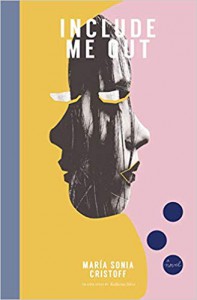
Include Me Out by María Sonia Cristoff, translated from the Spanish by Katherine Silver, Transit Books, 2020
Reviewed by Daniel Persia, Editor-at-Large for Brazil
A mishap at an international conference prompts simultaneous interpreter Mara to change course in Include Me Out, by María Sonia Cristoff, translated from the Spanish by Katherine Silver. Mara, tired of the monotony of her everyday interpreting, designs an experiment: she will spend one year in silence, as a guard at a small provincial museum outside of Buenos Aires. It is a job that will allow her to interact with nothing but her chair, she thinks. A job that will allow for stillness, for time to plant in her garden, she hopes. But when an unwanted promotion forces Mara to assist the museum’s gregarious taxidermist as he restores two of Argentina’s heroic horses, Gato and Mancha, an experiment in silence quickly transforms into frustration over static noise. A careful and deliberate portrait, pointedly translated, Include Me Out paints a memorable, authentic cast that stays with us long after we have finished reading.




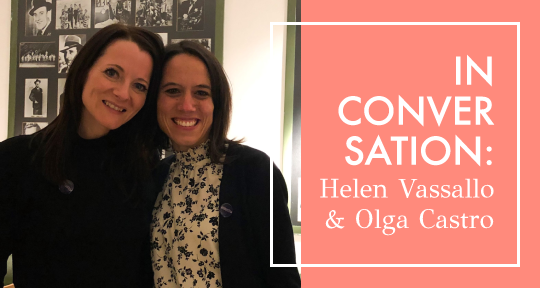
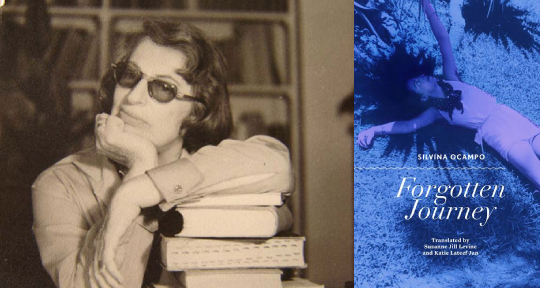


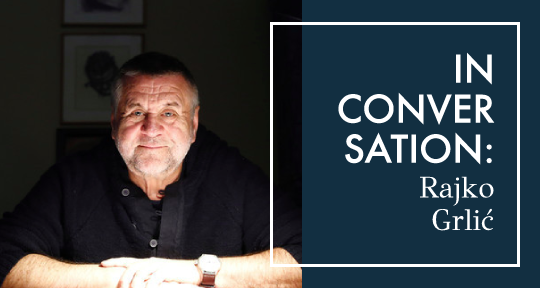
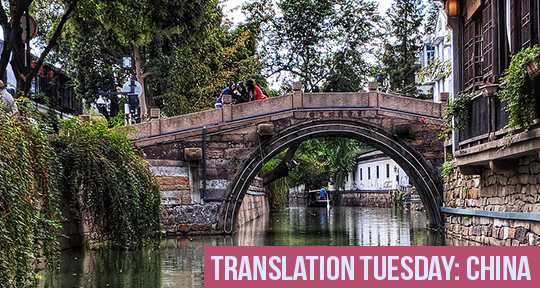
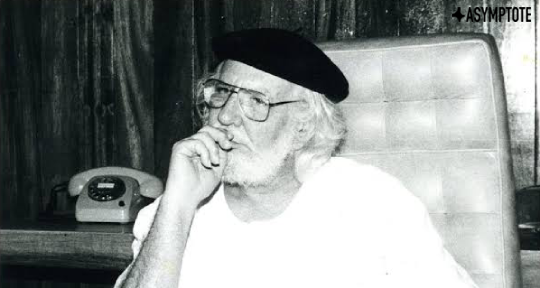
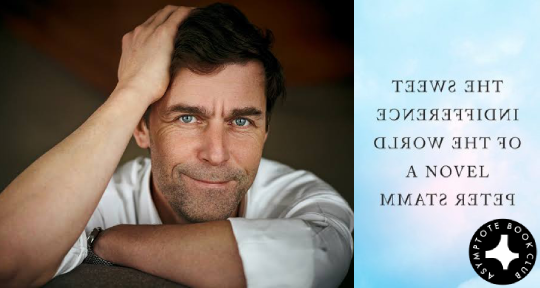
Translation Tuesday: “The Lost Spell” by Yismake Worku
Now I am only a sorrier version of the dog that traversed through the forest with the grace of a cheetah.
For this week’s Translation Tuesday, visionary novelist Yismake Worku adopts fantasy and satire as probing social commentary in this excerpt from The Lost Spell. While researching a book of spells, a wealthy man transforms himself into a dog. We follow the (now) canine protagonist as he journeys to Addis Ababa, and through his eyes we witness the sublime beauty of the Ethiopian landscape. The story of one man’s literal dehumanization allegorizes the abasement our narrator witnesses around him as he simultaneously lauds and laments his country. Through the narrator’s unique position as both subjective participant and objective bystander, Worku presents a fly-on-the-wall (or a dog-on-the-road) view of contemporary Ethiopia that is at once a critique and a bittersweet love letter.
It has been a horrible few days. I feel like some life has been drained from my short dog existence. If I hadn’t managed to drag myself into the middle of a corn farm, I would have been picked apart by merciless scavenging birds.
The cause of my pitiful circumstances was an auto-rickshaw accident. If the God of dogs and all creation hadn’t spared me, I would have departed my dog life by now. The rickshaw didn’t hit me full on; it knocked me on my left rear, bending me like a rubber and causing me to plunge into a drain. An unseasonal rain had been pouring down all evening. So, the flood could have carried an elephant, let alone a battered dog. It hauled me along the garbage of Shashemene. Banging me around with every object it carried along, the flood finally threw me into a small river. The river in turn dragged me through shrubs, sometimes battering me against rocks, and deposited me near a cornfield. READ MORE…
Contributor:- Bethlehem Attfield
; Language: - Amharic
; Place: - Ethiopia
; Writer: - Yismake Worku
; Tags: - allegory
, - amharic
, - ethiopia
, - satire
, - social commentary